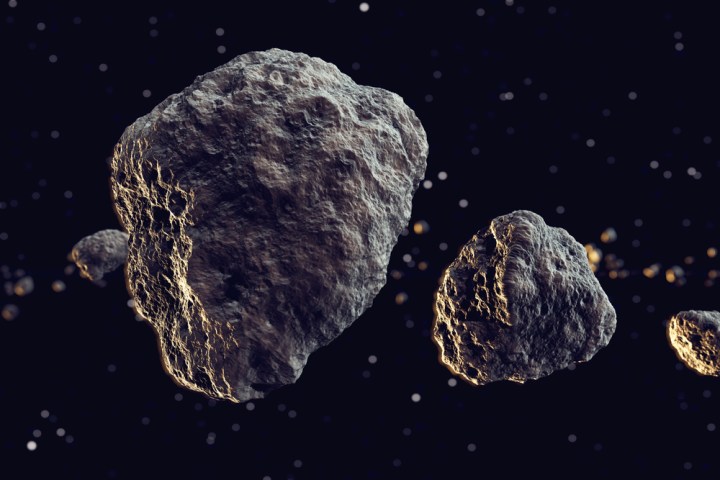
Calling it “bipartisan, bicameral legislation,” Congressman Bill Posey of Florida called the law “a landmark for American leadership in space exploration.” A far departure from the 1967 Outer Space Treaty, which banned countries from “claiming or appropriating any celestial resource such as the Moon or another planet,” the new act paves the way for what some say could eventually become a multi-trillion dollar industry. Some estimates suggest that platinum filled asteroids could be worth as much as $50 billion. Unfortunately, the technology to take advantage of these resources does not yet exist.
This certainly hasn’t stopped the praise from rolling in, however. “This is the single greatest recognition of property rights in history,” said Eric Anderson, Co-Founder and Co-Chairman, Planetary Resources, Inc. “This legislation establishes the same supportive framework that created the great economies of history, and will encourage the sustained development of space.” Of course, the law doesn’t mean that anyone can lay claim to an entire celestial body (sticking a flag in something doesn’t make it yours), but now, individuals or corporations can claim property rights to whatever is found on these bodies
In addition to its stance on asteroid mining, the bill also reaffirms and the United States’ role in the maintenance of the International Space Station. Whereas previous agreements necessitated American involvement until 2020, this latest bill requires that U.S. astronauts play a major role in ISS “through at least 2024.”
And furthermore, to ensure that more SpaceX type projects can emerge (and compete with China’s growing space program), the law also loosens regulations on space startups, allowing them greater freedoms in certain operations.
“Throughout our entire economy, we need to eliminate unnecessary regulations that cost too much and make it harder for American innovators to create jobs,” said presidential candidate Marco Rubio. “The reforms included here make it easier for our innovators to return Americans to suborbital space and will help the American space industry continue pushing further into space than ever before.”
Editors' Recommendations
- Hubble discovers over 1,000 new asteroids thanks to photobombing
- NASA has collected a whopping 121 grams of sample from asteroid Bennu
- NASA cracks open its first sample from an asteroid, foiling two sticky screws
- NASA’s Lucy spacecraft will soon make its first flyby of an asteroid
- NASA calls off Thursday’s launch of Psyche asteroid mission


